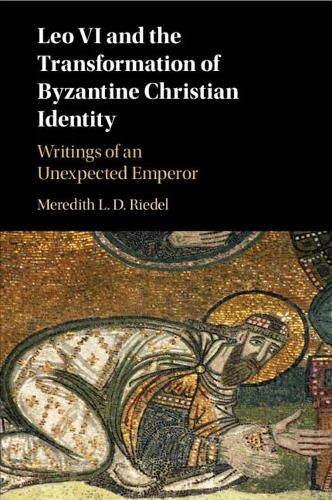Readings Newsletter
Become a Readings Member to make your shopping experience even easier.
Sign in or sign up for free!
You’re not far away from qualifying for FREE standard shipping within Australia
You’ve qualified for FREE standard shipping within Australia
The cart is loading…






The Byzantine emperor Leo VI (886-912), was not a general or even a soldier, like his predecessors, but a scholar, and it was the religious education he gained under the tutelage of the patriarch Photios that was to distinguish him as an unusual ruler. This book analyses Leo’s literary output, focusing on his deployment of ideological principles and religious obligations to distinguish the characteristics of the Christian oikoumene from the Islamic caliphate, primarily in his military manual known as the Taktika. It also examines in depth his 113 legislative Novels, with particular attention to their theological prolegomena, showing how the emperor’s religious sensibilities find expression in his reshaping of the legal code to bring it into closer accord with Byzantine canon law. Meredith L. D. Riedel argues that the impact of his religious faith transformed Byzantine cultural identity and influenced his successors, establishing the Macedonian dynasty as a ‘golden age’ in Byzantium.
$9.00 standard shipping within Australia
FREE standard shipping within Australia for orders over $100.00
Express & International shipping calculated at checkout
The Byzantine emperor Leo VI (886-912), was not a general or even a soldier, like his predecessors, but a scholar, and it was the religious education he gained under the tutelage of the patriarch Photios that was to distinguish him as an unusual ruler. This book analyses Leo’s literary output, focusing on his deployment of ideological principles and religious obligations to distinguish the characteristics of the Christian oikoumene from the Islamic caliphate, primarily in his military manual known as the Taktika. It also examines in depth his 113 legislative Novels, with particular attention to their theological prolegomena, showing how the emperor’s religious sensibilities find expression in his reshaping of the legal code to bring it into closer accord with Byzantine canon law. Meredith L. D. Riedel argues that the impact of his religious faith transformed Byzantine cultural identity and influenced his successors, establishing the Macedonian dynasty as a ‘golden age’ in Byzantium.